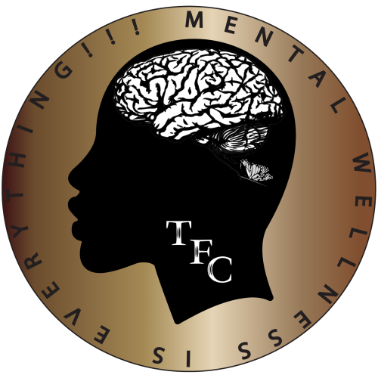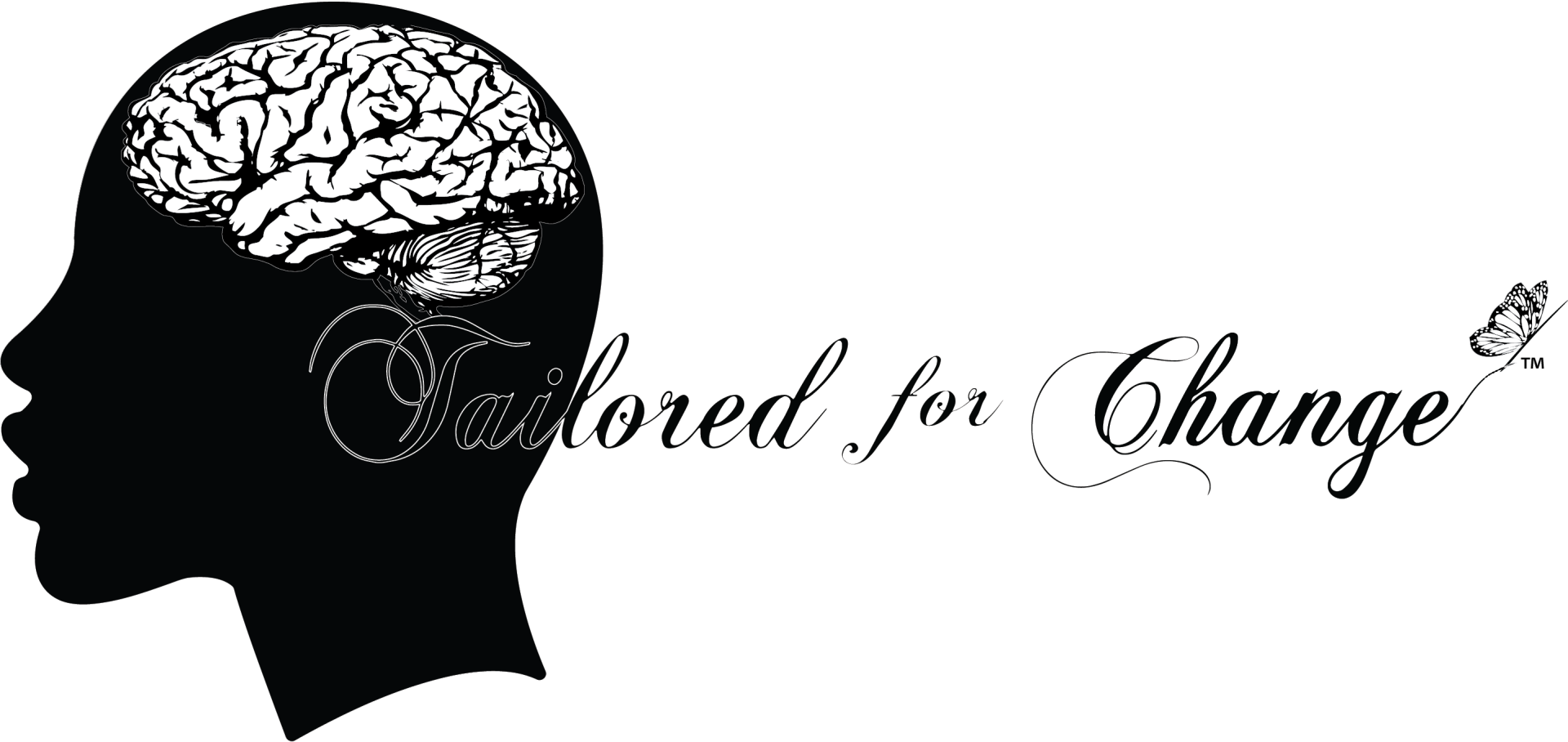In this process, you must allow yourself to feel both emotional and physically uncomfortable. Just because your brain says it’s okay to ask for help doesn’t mean your body agrees. Until you accept this, you won’t be able to say, can you help me? without a tantrum. During this process, your body recalls all the times you asked for help as a child, as a teenager, and even now as an adult. It remembers when you didn’t receive the help you needed the way you needed it.
Let's take a listen to what your body says:
Body: Do you remember when we asked Mom and Dad for help? They ignored us. We decided to do it ourselves. We made a mistake. Then we got punished for it.
Body: I remember our 5th-grade math teacher. We asked her for help with a math problem she had just explained. There was a part we didn’t understand. The class started laughing. She smirked and gave us a pitying look. Then she came over to help us. I still feel my chest deflating.
Body: Remember the time when we asked ______________for help and they didn’t do it, and then said you should have reminded them a 5th time?” I still feel frustrated about that.
Your body remembers and stores every experience, even when we train the mind to keep moving forward.
People talk more about mental health and mindfulness now, with the assumption that you can ask for help. However, we are not taught to ask for help or to manage the feelings and body discomforts that will be in response to, " No, I can't help you". We lack coping tools to deal with the discomfort and the judgments and/or criticism you may experience. These judgments can be self-imposed or come from our loved ones. As a result, we struggle to ask for help, even when we need it the most. As you read this article, you experienced body sensations, memories, and gained an awareness of existing beliefs that support or negate asking for help, but you continued reading, which tells me, you can manage some emotions.
And, if you are still reading this, I’ll take the educated guess that you may be contemplating and/or practicing asking for help.
Here are SOME simple tools you can practice applying.
Ask yourself the following when you experience difficulties with asking for help.
1 . Have I experienced difficult emotions in the past and felt better after?
2 . Am I still that child asking for help although I’m in an adult body?
3. Will my world fall apart if I ask for help and the person can't provide it?
4. Can I give myself permission to ask the people I’ve identified as being trustworthy for help?
5. Can I stop creating "what if" stories? Can I recognize that I am no longer a child? And that I am not the same person I was six months ago.
6. Can I seek professional support if I struggle to trust myself to ask for help?
Once you’ve answered those questions out loud allow yourself to:
1. Feel the emotions.
2. Clarify what the emotions are.
3. Identify what part of your body you’re feeling the emotional sensation in.
4. Breathe slowly into the area of your body where you feel the sensation. Focus your mind on that spot. Give yourself the time for the emotions and sensations to decrease a bit.
5. Give yourself the permission to do what your adult self knows it must do, to receive the support you need.
Let's experience the emotions, expand your body sensations and give yourself the opportunity to be flexible, as you build self-trust. The more you practice, and get your feet a little wet, by asking for help with small basic stuff, like; can you help me with this software program that I’m having difficulties with?, can you help me fold the laundry?, can you help me with my resume?, can you help me set up a schedule?, can you remind me…. the less intense asking for help will become.
Trust me, I’ve been practicing, A Lot!! and it’s still hard, but I’m getting better at it.
Can you allow yourself to take the steps discussed in this brief guide?


